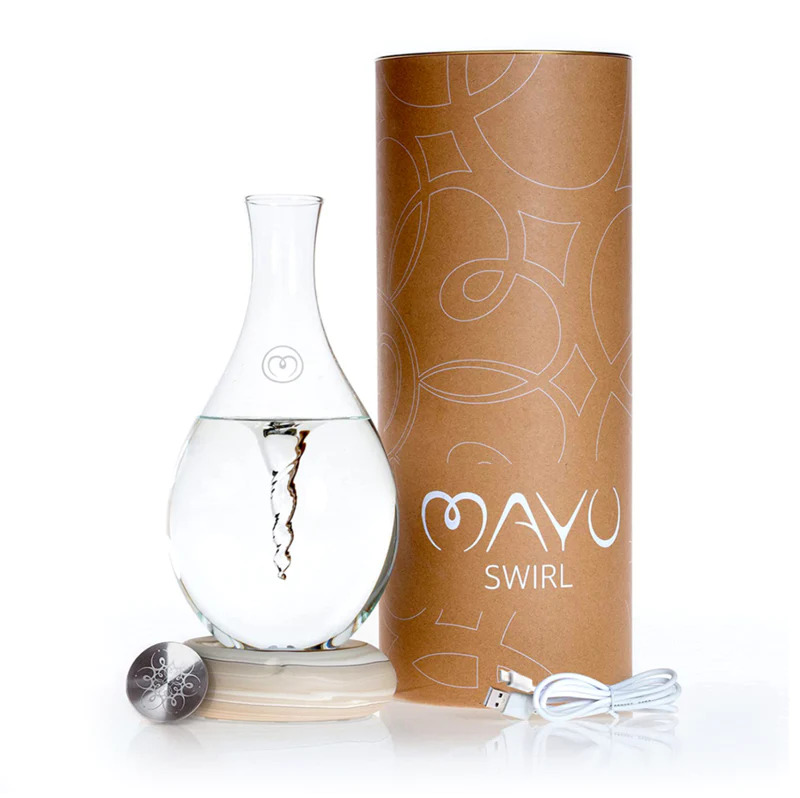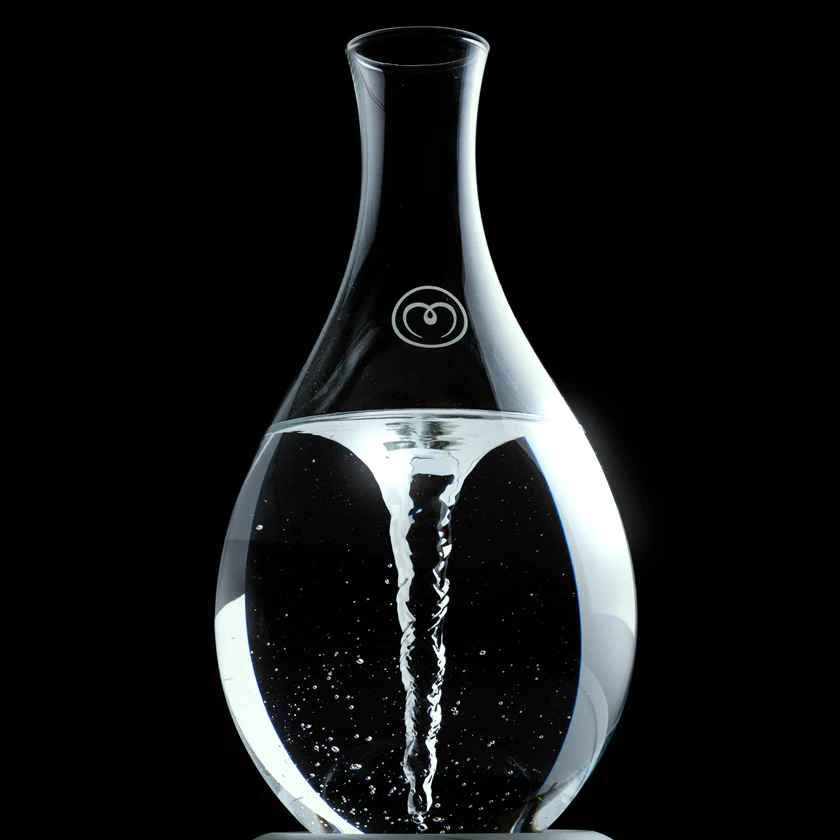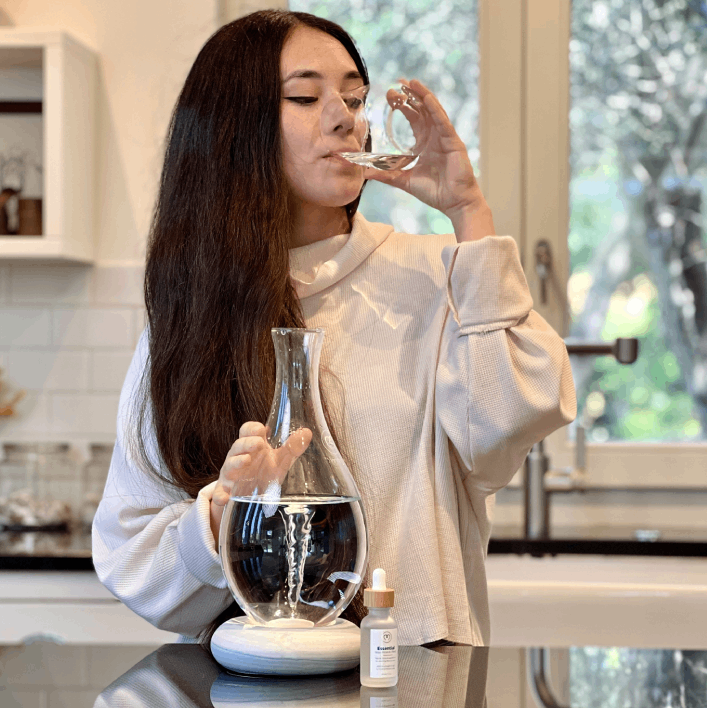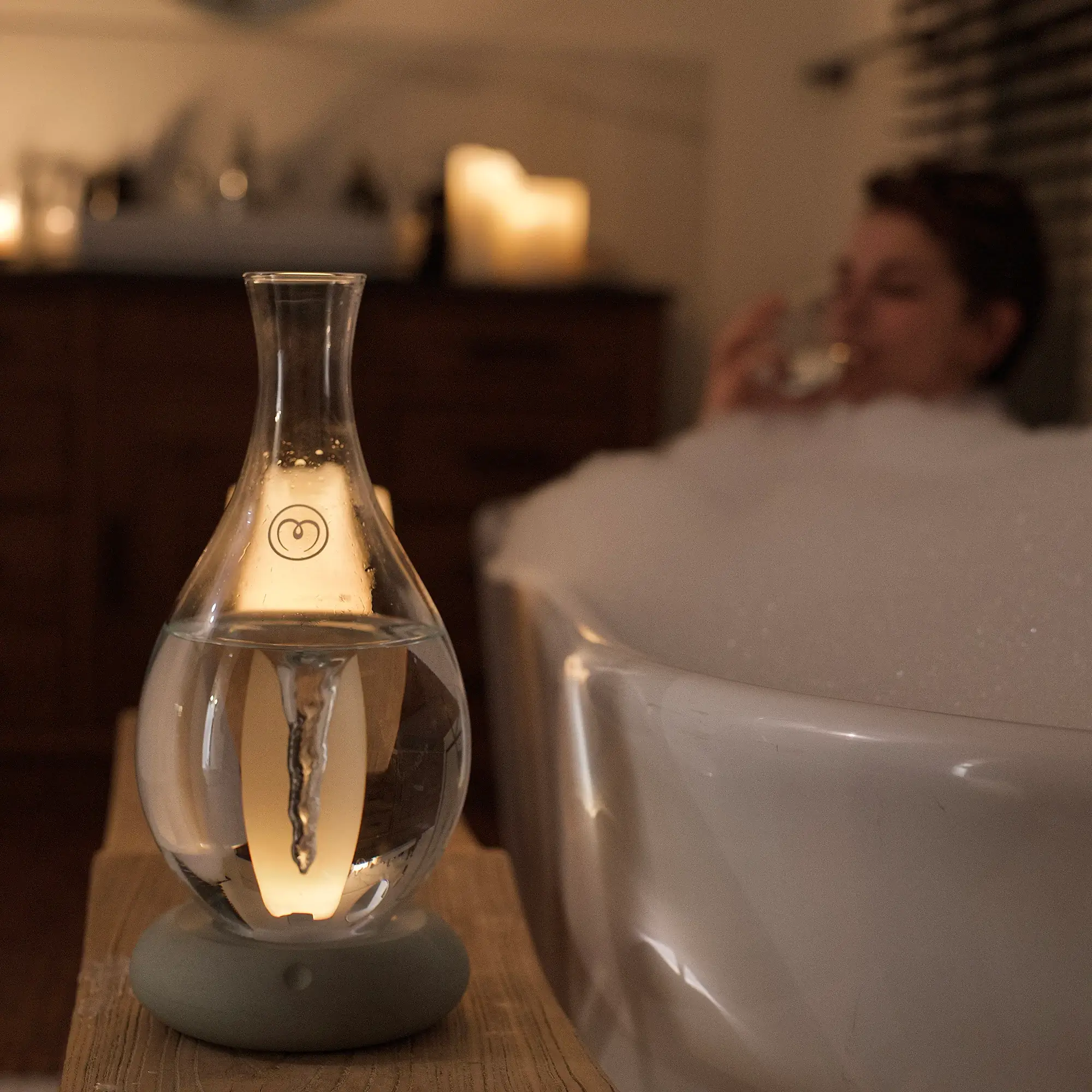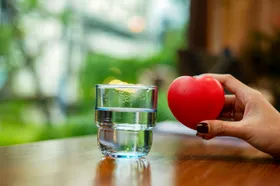Don't Panic: Here's What to Do If You Drink Contaminated Water
Is your water source safe? Discover the common contaminants lurking in your water and how to respond if you've been exposed
Updated February 10, 2025

When you reach for a glass of water, you trust it to be clean and safe. However, water contamination is a silent threat that can transform this life-sustaining resource into a potential health hazard.
These contaminants, invisible to the naked eye, can infiltrate various water sources—from municipal systems to private wells and even seemingly pristine natural springs.
Here's how to recognize the symptoms and effectively respond to contaminated water consumption.
How Does Water Become Contaminated?
Water contamination occurs through multiple pathways. Industrial chemicals, agricultural runoff, and urban pollution can introduce harmful substances like lead, mercury, and pesticides.
Biological contaminants such as E. coli, Giardia, Cryptosporidium, and other harmful microorganisms often enter water supplies through sewage leaks or animal waste. Even natural disasters and aging infrastructure can compromise water quality by introducing sediments and harmful minerals.
Effects of Drinking Dirty or Contaminated Water
The symptoms of consuming contaminated water typically emerge within hours to days after exposure. Knowing these signs can help you spot problems quickly if you consume contaminated water. Initial signs often include:
- Nausea
- Vomiting
- Severe abdominal cramping
More serious symptoms may develop, including
- Persistent diarrhea
- Dehydration
- Fever
Some contaminants can cause long-term health effects, particularly in vulnerable populations like children, elderly individuals, and those with compromised immune systems.
Chemical contamination
Chemical contamination presents its own set of risks. Exposure to industrial pollutants or heavy metals can lead to chronic health issues, including liver damage, neurological problems, and various forms of cancer. These effects may not be immediately apparent but can develop over years of exposure to contaminated water.
What To Do if You Drink Contaminated Water
If you suspect water contamination exposure, immediate medical attention is crucial. Healthcare providers can perform specific tests to identify the contamination source and provide appropriate treatment.
Treatment approaches vary depending on the type of contamination but may include oral rehydration therapy, antibiotics for bacterial infections, or specific treatments for chemical exposure.
Prevention remains the best defense. Install quality water filtration systems, regularly test private water sources, and stay informed about your local water quality reports.
Disclaimer: The information published by MAYU Water is not a substitute for the expert knowledge, advice, and recommendations of trained professionals. We strongly recommend consulting with industry experts and primary or scientific sources before making any health, research-related, or other important decisions.





































